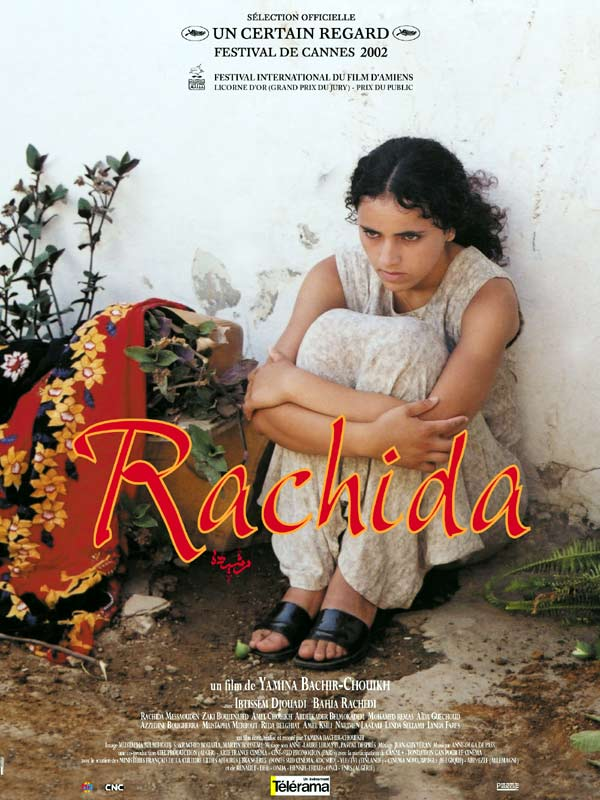Baton Rouge’s own Manship Theatre, in association with LSU Film and Media Arts, will present 2002 film “Rachida” Thursday as part of a larger celebration of Maghrebi culture.
Maghrebian cinema refers specifically to films produced in the French language and hailing from the French-speaking Northern Africa. They shed light on nations like Tunisia, Morocco and Algeria, with themes like colonialism, Islam and gender almost always prevalent.
“Maghrebi films aren’t very popular in the mainstream,” said University professor and Fulbright scholar Touria Khannous, who attributed the lack of popularity to the relatively small market and subsequent lack of funding by major studios.
Khannous, who teaches classes on African cinema and the African diaspora, has written several papers on and is very knowledgeable about North African cinema and North African and Muslim gender roles. Her papers include titles like “Women as Agents of Change in the Middle East and North Africa” and “Strategies of Representation and Postcolonial Identity in North African Women’s Cinema.”
Because of her shared interests in cinema and gender roles in Islam, the Manship Theatre saw her as the perfect choice to give a brief foreword to the film before its showing.
“I very much appreciate the opportunity to speak on a subject I’m very passionate about,” Khannous said.
Almost all Maghrebi films are independently produced, and as a result go unwatched by most of the world’s population. Most seek recognition via entrance at international film festivals — Cannes, Sundance and others.
“Rachida,” an Algerian film written and directed by Yamina Bachir, is one of these films. Originally airing at Cannes Film Festival in 2002, it premiered to relative critical acclaim, but without a financially supportive backer, it went primarily unknown for nearly a decade.
The film follows a beautiful schoolteacher named Rachida, who like most of her countrymen is oblivious to the troubles of her native Algeria. Her world is turned upside down, however, when she is kidnapped by terrorists and made to commit a suicide bombing.
“‘Rachida’ is really a very beautiful film,” Khannous said. “It says a lot about the turmoil in Northern Africa at the time, and about the way Muslim women and men interacted with each other.”
Perhaps most significant about Maghrebi film is the fact that they feature real thought-provoking issues. Most likely due to the lack of funding and thus lack of motivation for mainstream appeal, Maghreb cinema has remained cinematically “pure” throughout the years — without outside influence or large studio corruption.
In addition to the foreword by Khannous, the showing of “Rachida” will also feature sampling of Middle Eastern cuisine and a performance by local belly dancer Margo Brault. Tickets are $7.50, with senior and student discounts available.
Manship to show Algerian film
December 3, 2014





